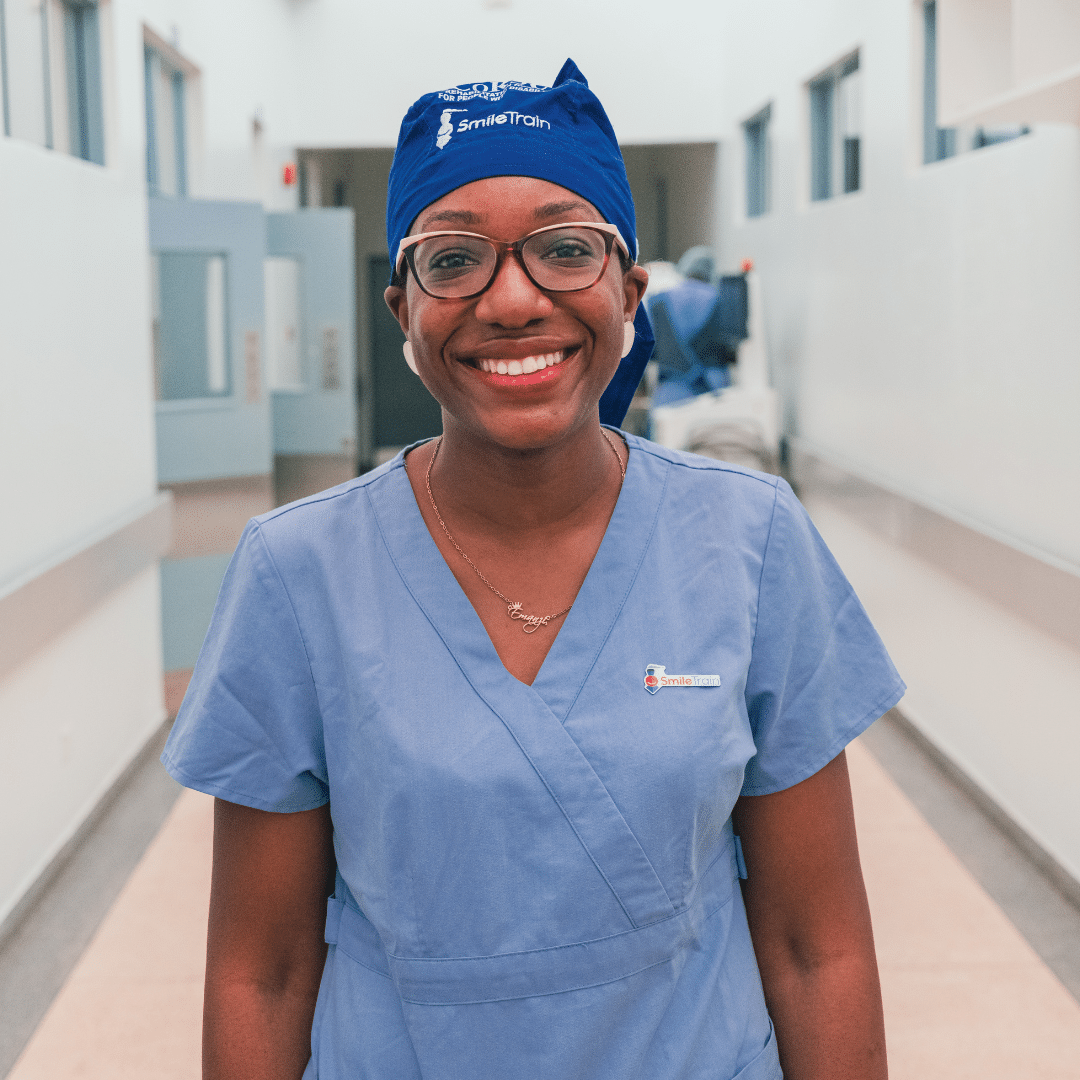As an anesthesiologist in Uganda, a country with one of the world’s highest maternal mortality rates, Dr. Elizabeth Igaga has seen the life of a new mother or her baby end tragically. She knows that many lives could have been saved with better equipment, better training, and better health systems.
“Some people say anesthesiology found me, I believe we chose each other,” says Dr. Igaga. She believes ensuring safe surgery and delivering anesthesia care is contributing to the rights of women and girls.
When she was only a second-year resident, Dr. Igaga published her first peer-reviewed article. It concluded women in Uganda routinely experienced severe pain following c-sections but were not reporting it because they and their babies were alive and otherwise healthy; they had no expectation of anything more.
She was part of the team that advocated for the use of intrathecal morphine during labor and oral medication after delivery to enable patients to manage their pain, while addressing the human resource challenges linked to administering parenteral analgesia. Her advocacy resulted in changes to anesthesia and pain relief approaches during labor in maternity wards nationwide.
Her experience as a mother also contributed. “I wish that every woman could have the kind of experience I had. I do not take it for granted. If I can get that kind of experience in a Ugandan hospital, every woman should walk into the hospital and feel as supported,” she says.
Dr. Igaga has published a number of influential articles in leading journals describing barriers and opportunities for improving anesthetic care for Africa’s most at-risk patients. She is currently an author in an upcoming paper exploring the critical role of women anesthesiologists in Africa.
Dr. Igaga started out as one of the only 40 anesthesiologists in her country. Uganda now has over 80 anesthesiologists, and nearly half of them are women. This is no accident; she serves as a mentor to many aspiring young women doctors across the country.
“It is important to have women in the room because they bring a different and important perspective. We need to be intentional about looking around, identifying those women, opening doors for them, and ensuring that they are seated at that table.”
Dr. Igaga is now SmileTrain’s first Director of Safety and Quality (S&Q), ensuring that each of the 100,000+ cleft surgeries the organization supports in 75+ countries meet the highest standards of care. She has trained hundreds of professionals that have gone on to train others, increasing the impact of surgery safety around the world.
She continues to advocate for better policies and practices, and she calls for increased public investment for safe surgery and Universal Health Coverage, to governments and on the stage in international medical conferences.
Dr. Igaga is changing the face of anesthesia by using every tool, platform, and skill at her disposal to create healthcare equity for some of the world’s most vulnerable new mothers and children while showing other African women what is possible.

